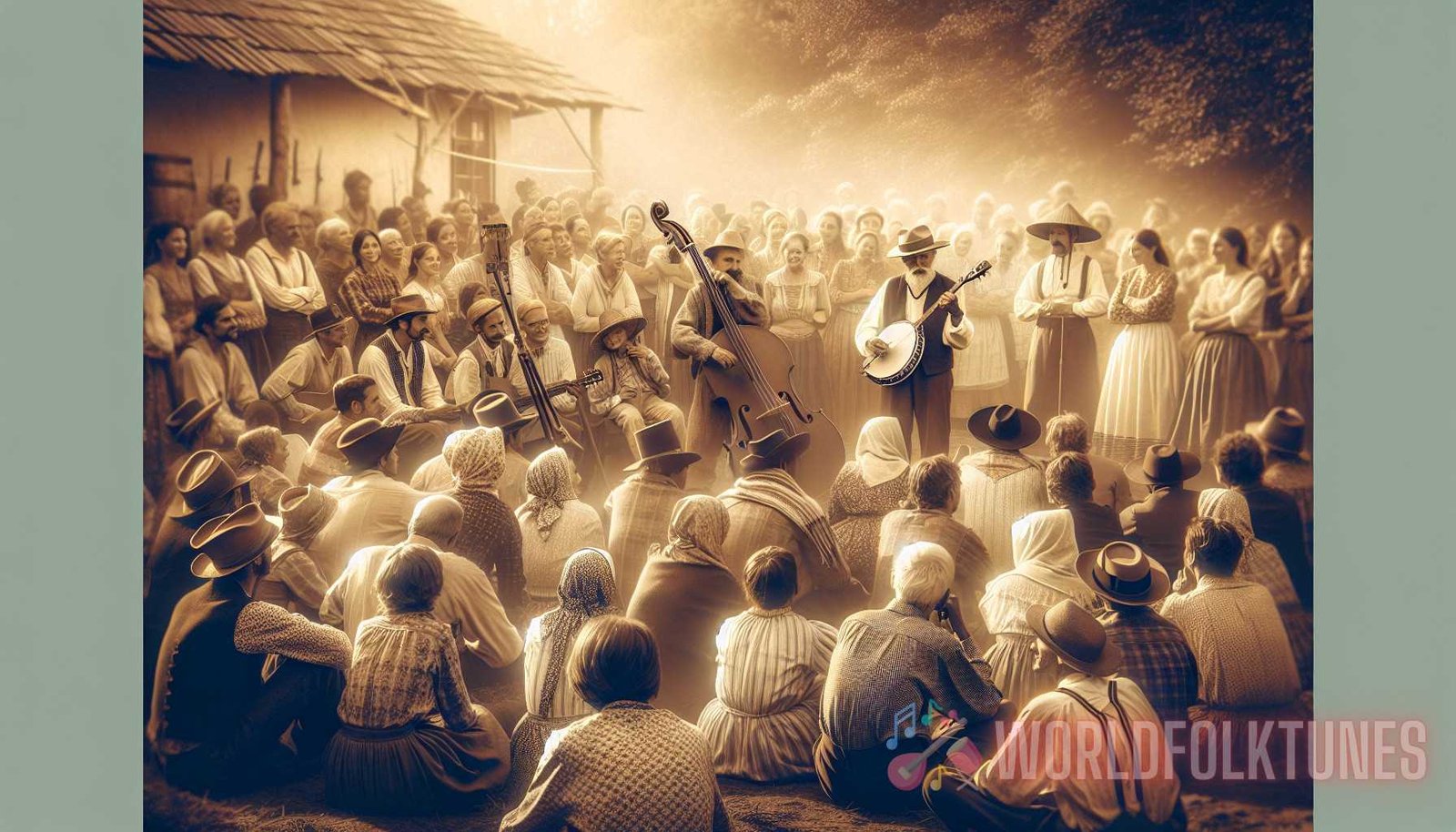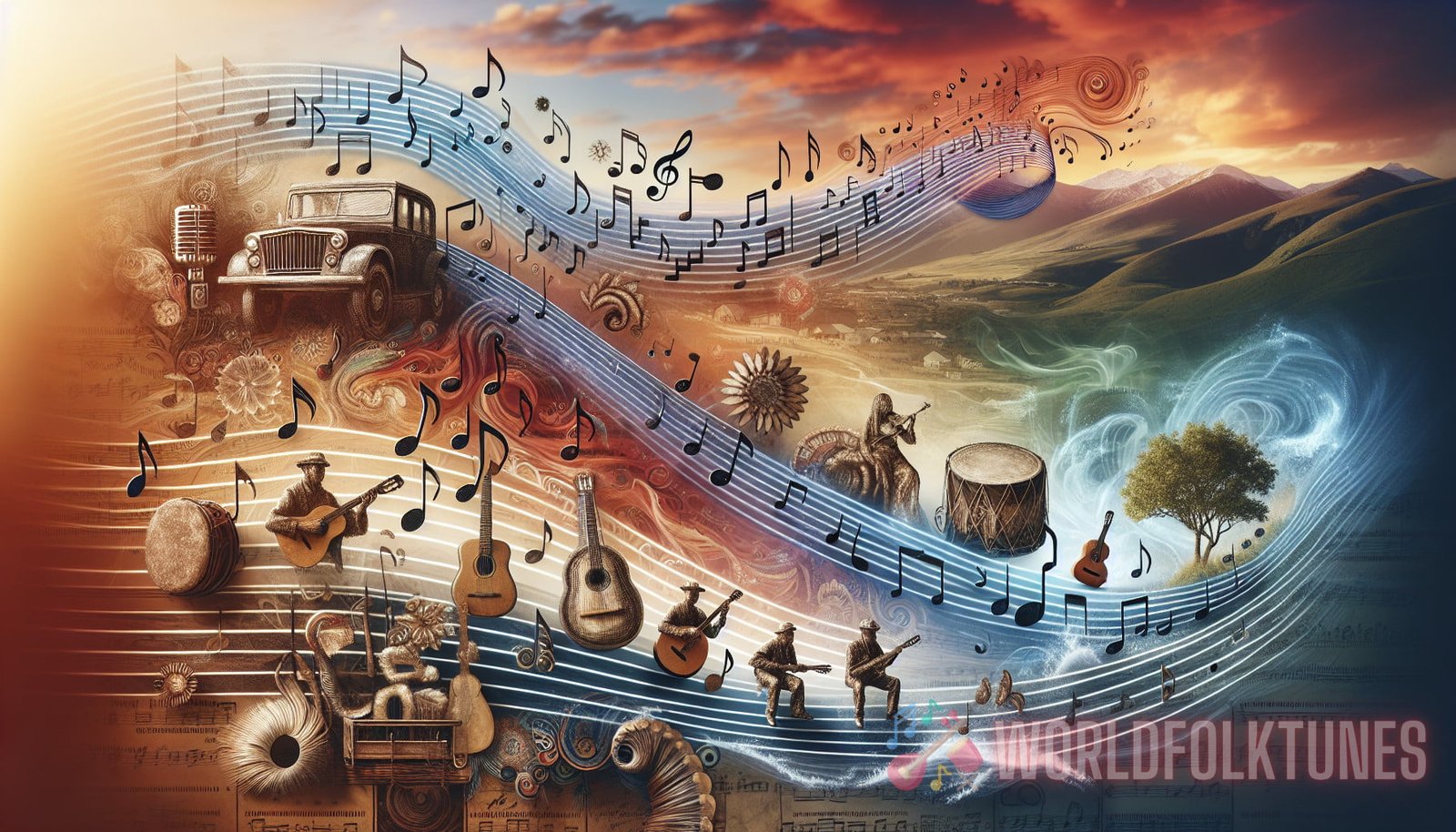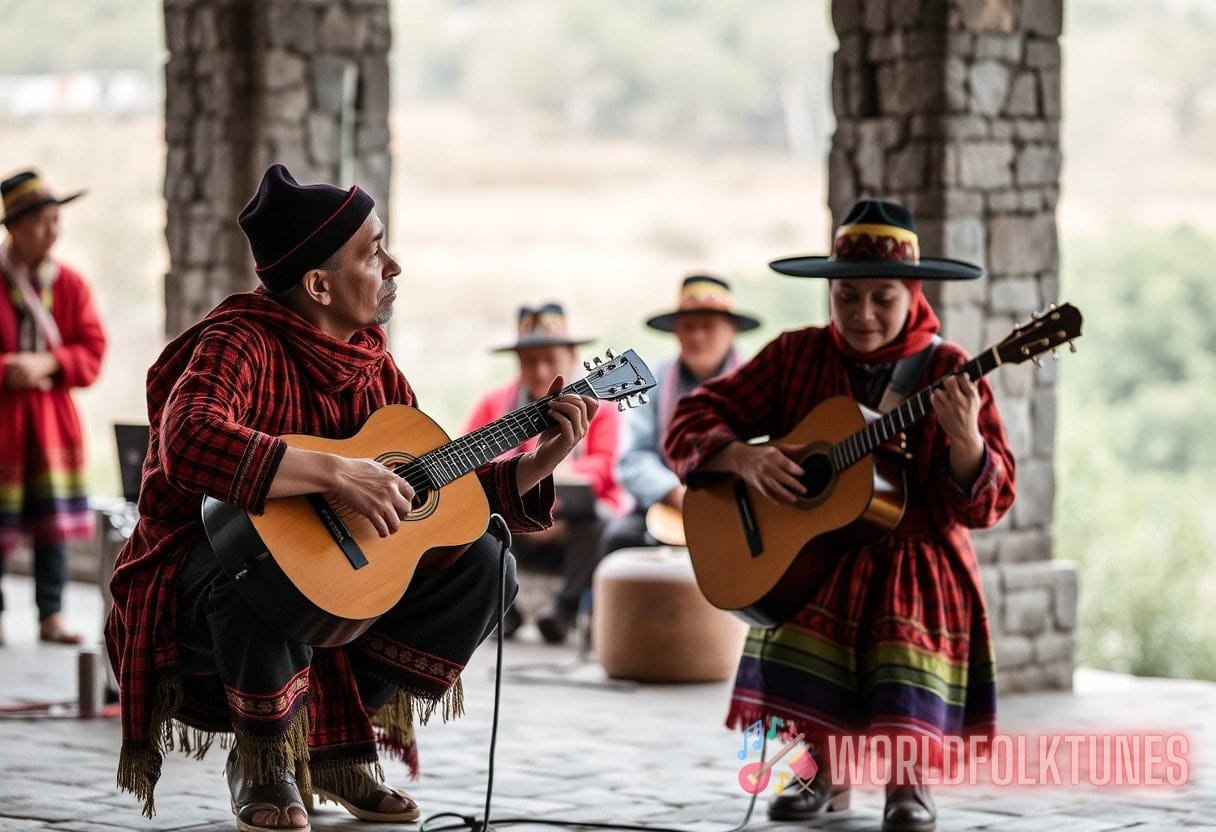Introduction
Folk music has been a vital part of human culture for centuries, serving as a powerful vehicle for storytelling, cultural expression, and social commentary. This intergenerational folk tradition has not only shaped the musical landscape, but also influenced the narratives and values within various cultures. In this article, we delve into the evolution of folk music and explore how its resonance in cultural narratives has evolved over time.
The Intergenerational Cycle of Folk Music
Intergenerational folk music refers to the transmission of songs, melodies, and stories from one generation to the next. This cycle of passing down music, often through oral tradition, has been a fundamental way of preserving cultural heritage and transmitting cultural values.
The Evolution of Folk Music across Generations
Folk music has always been a reflection of the times, capturing the essence of the era and the experiences of the people. As generations come and go, the music evolves to adapt to the changing social, political, and cultural landscapes.
In the early days, folk music was primarily associated with rural communities, serving as a mode of communication through which important events, such as harvest festivals or historical occurrences, were commemorated. As societies modernized and urbanization took hold, folk music began to incorporate influences from various genres, including blues, jazz, and rock, resulting in the creation of new subgenres such as folk rock and contemporary folk.
Folk music continued to evolve and adapt throughout the 20th century, becoming intertwined with political and social movements. Artists like Bob Dylan, Joan Baez, and Pete Seeger used their music as a tool for activism, addressing issues like civil rights, anti-war sentiments, and environmental conservation. Their songs resonated with a generation seeking change and became anthems of the era.
For a comprehensive understanding of the ancient origins and cultural influence of folk music, read our article on “Unearthing the Ancient Origins and Cultural Influence of Folk Music.”
The Resonance of Folk Music in Cultural Narratives
The power of folk music lies in its ability to connect with people on a deep emotional level and convey narratives that resonate across generations. Folk songs often express universal themes, such as love, loss, and longing, which transcend time and cultural boundaries. These narratives not only entertain but also provide insights into the values, beliefs, and social issues of a particular era.
Hidden Messages and Symbolism in Folk Music
Folk music is known for its use of metaphor and symbolism, allowing artists to convey messages subtly. Many traditional folk songs contain hidden meanings and social commentary, enabling listeners to interpret the songs in different ways. This creates a multi-dimensional experience that invites deeper reflection and interpretation.

Folk songs have often been employed as a form of protest and social commentary, addressing issues such as inequality, political corruption, and human rights. For example, the famous protest song “Blowin’ in the Wind” by Bob Dylan questions the state of society and the human capacity for change. It is these hidden messages that have allowed folk music to remain relevant and influential throughout the years.
To gain further insights into the hidden messages and social reflections within folk melodies, refer to our article on “Folk Commentary: Unveiling the Hidden Messages and Social Reflections within Melodies.”
The Impact on Cultural Narratives
Folk music has played a significant role in shaping cultural narratives and fostering a sense of collective identity. It has the power to bring people together, foster social cohesion, and act as a catalyst for social change.
Preserving Cultural Heritage
Folk music serves as a bridge between generations, preserving cultural heritage and ensuring its continuation. By passing down songs and stories through generations, cultural values, traditions, and historical events are kept alive. This not only helps maintain a sense of identity but also fosters a deeper understanding and appreciation of our shared history.
Mirror of Society
Throughout history, folk music has reflected the societal challenges and concerns of its time. It acts as a mirror of society, amplifying voices and shedding light on hidden narratives. Artists use folk music as a medium to explore issues such as inequality, poverty, war, and social injustice. By giving voice to these concerns, folk music has the power to inspire change and foster empathy among listeners.
Celebrating Diversity
Folk music is deeply rooted in cultural heritage and serves as a celebration of diversity. It allows different ethnicities, languages, and regions to showcase their unique traditions, beliefs, and values. By promoting cross-cultural understanding, folk music emphasizes the importance of embracing diversity and recognizing the common humanity that binds us all.
Conclusion
The intergenerational evolution of folk music has had a profound impact on cultural narratives. Through its ability to adapt, reflect, and connect with people, folk music has remained an integral part of our cultural fabric. From ancient ballads to modern protest songs, the resonance of folk music in cultural narratives continues to captivate and inspire. By exploring the interplay between music and society, we gain a deeper understanding of ourselves and the world we inhabit.



